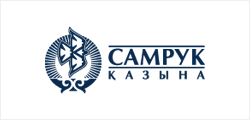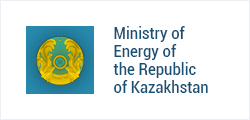
- Home Page
- About Us
- Corporate Governance
Corporate Governance
In contrast to 60.9 percent in 2020, 60.8 percent of businesses in 2019 followed global best practice standards. One shareholder has chosen to include the Board of Directors, shareholders, and the Centralized Internal Audit Service in a proposal. Corporate governance is a critical factor in assessing a corporation’s competitiveness.
The Company will never be able to grow without an effective system in place to control interactions between the executive board, the board of directors, and the shareholders as well as without investors’ confidence that the management of the company uses their funds wisely to achieve capitalization growth. Annual diagnostics have been performed on LLP West Gas Energy corporate governance since it was approved to make sure it adheres to best standards. The diagnostics point out flaws in the organization’s governance structure and offer suggestions for raising its standard of governance. Based on the findings of the diagnostic, corporate governance reform initiatives are also carried out to guarantee compliance with international best practices.
The Company will employ the Kazakhstan Corporate Governance Code, which is applicable to companies listed on the Official List. Because of this, the Company shall, to the extent that it is practicable in light of the Company’s size, nature, and board makeup, comply with the QCA Corporate Governance Code for Small and Mid-size Quoted Companies (the “QCA Code”) as issued by the Quoted Companies Alliance (the “QCA”). An overview of the Company’s relationship with the QCA Corporate Governance Recommendations may be found here.
After consulting with several well-known institutional small company investors, the QCA produced the QCA framework as an alternative corporate governance framework that applies to AIM enterprises. An alternate code was devised because the QCA thought the Kazakhstan Corporate Governance Code was unsuitable for many AIM enterprises. The QCA Code lays out recommended practices for AIM enterprises. In accordance with their guidelines, in addition to:
In accordance with and subject to the terms of Rule 21 of the AIM Rules, the Company will take all reasonable steps to ensure that the Directors and applicable staff comply with this Rule 21, including the adoption of a share dealing code. The Company will make sure that, during a closing period (as defined by the AIM Rules), none of the Directors and relevant personnel will deal in any Ordinary Shares.






